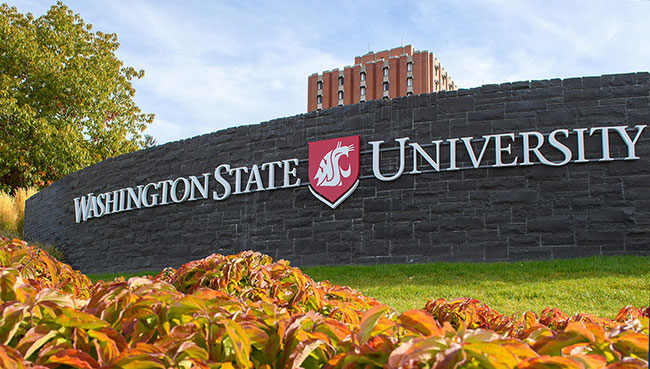
美国华盛顿州立大学博士后职位招聘–材料科学、物理冶金、机械工程或相关领域
Position Details:
Summary of Duties: The Postdoctoral Research Associate is responsible for the development and processing of advanced materials, particularly multi-functional high-performance metallic alloys. We utilize a variety of processing and fabrication methods, including vacuum induction melting and permanent mold casting, in addition to material testing and characterization techniques such as optical microscopy, SEM, and mechanical testing.
Required Qualifications:
- A recent Ph.D. degree in Materials Science, Physical Metallurgy, Mechanical Engineering or related field with a strong experimental background.
- Strong academic and research background related to material processing or electro-mechanical systems.
- Hands-on experience with material processing and characterization, or electro-mechanical systems.
- Graduate or post-graduate experience at a U.S. Academic Institution or National Laboratory.
- Good oral and written communication skills (i.e., ability to engage in deep scientific discussions, technical problems and clearly express and understand ideas, and ability to summarize research results in a succinct written manner).
- Ability to perform independent research.
- Critical thinking, good judgment, clear sense of purpose, attention to detail, and accountability.
- Must be able to obtain a badge at U.S. Department of Defense facilities to gain access to restricted areas/information.
Preferred Qualifications:
- Experimental background in processing of titanium alloys.
- Proficiency in microstructure characterization and phase identification.
- Hands-on experience on SEM, optical microscopy and X-ray diffraction.
- Hands-on experience on vacuum equipment and high vacuum systems.
- A solid theoretical background in the thermodynamics and kinetics of solidification.
- Experience on induction melting, laboratory arc-melting, and plasma melting.
- Experience with modeling of heat transfer/fluid flow with a solid theoretical background.
- Experience with FLOW-3D or similar casting simulation software.
- Proficiency in CAD software (e.g., SolidWorks, AutoCAD) and laboratory software (e.g., LabVIEW, MatLab).
- Experience in data mining, machine learning using systems such as Python/Minitab.
- Ability to perform statistical analyses and apply statistical calculations.













